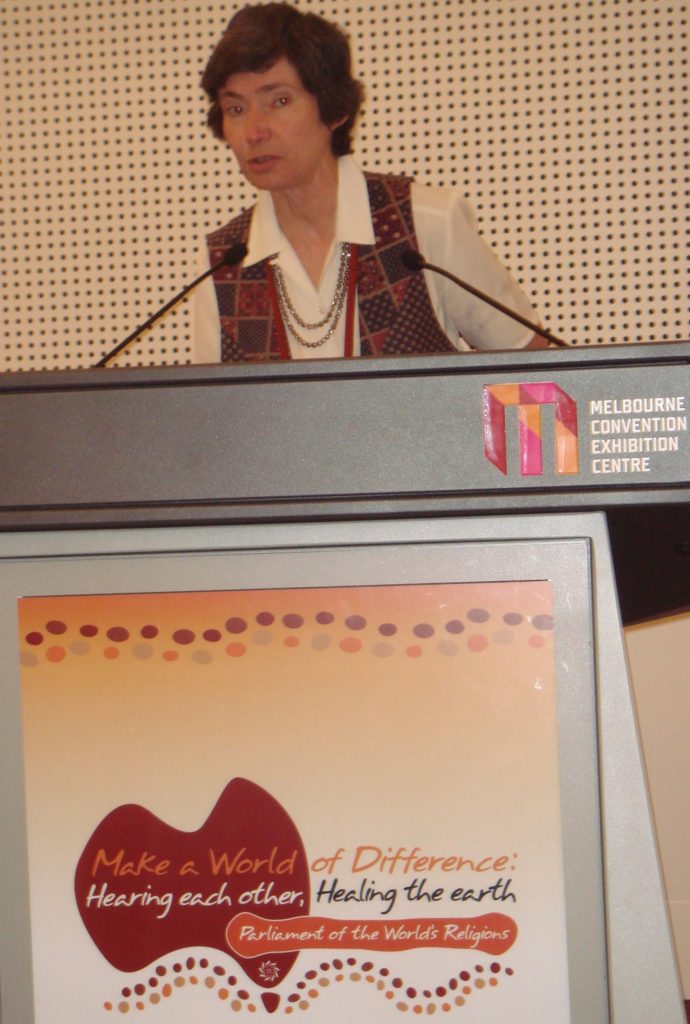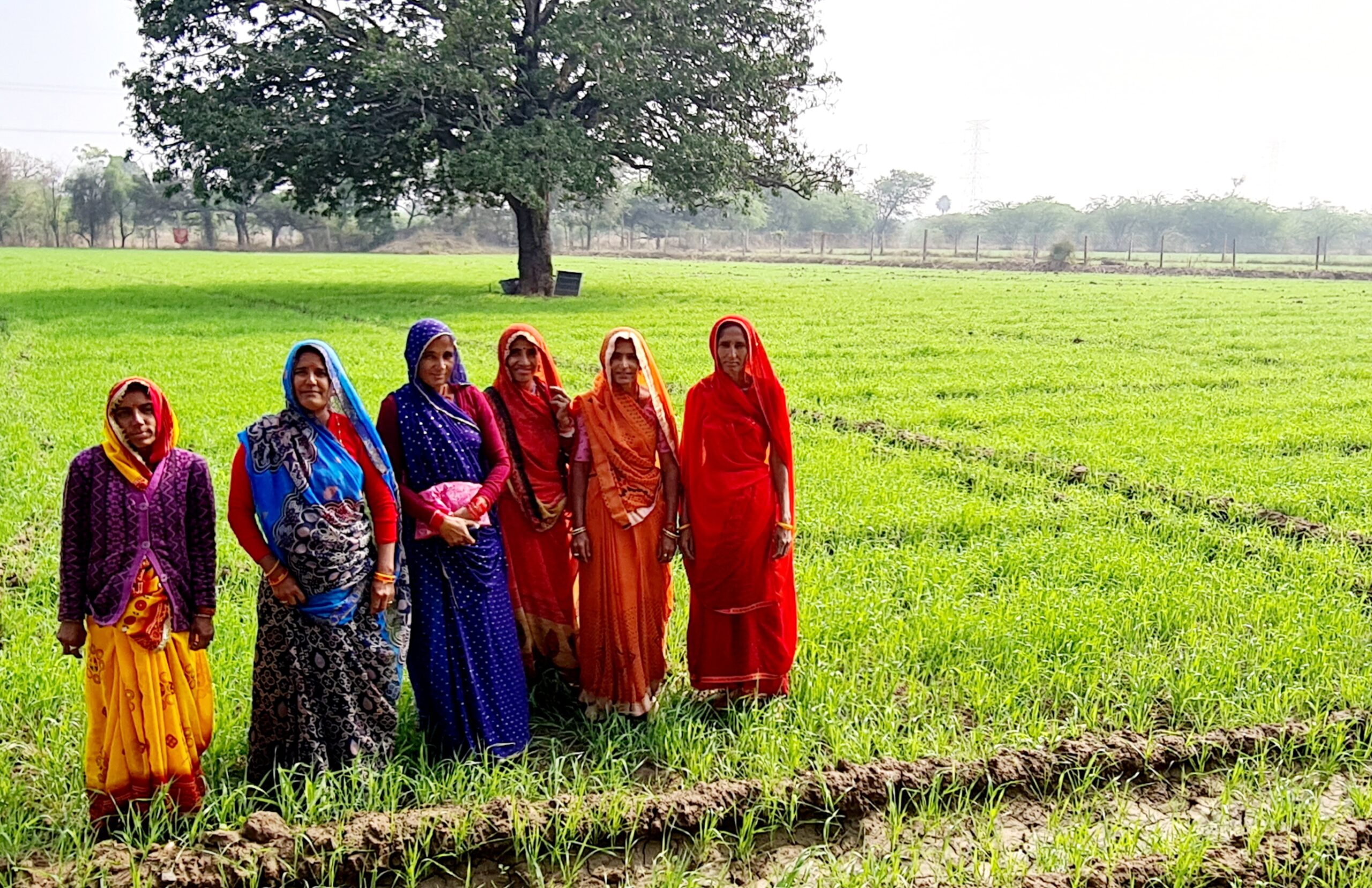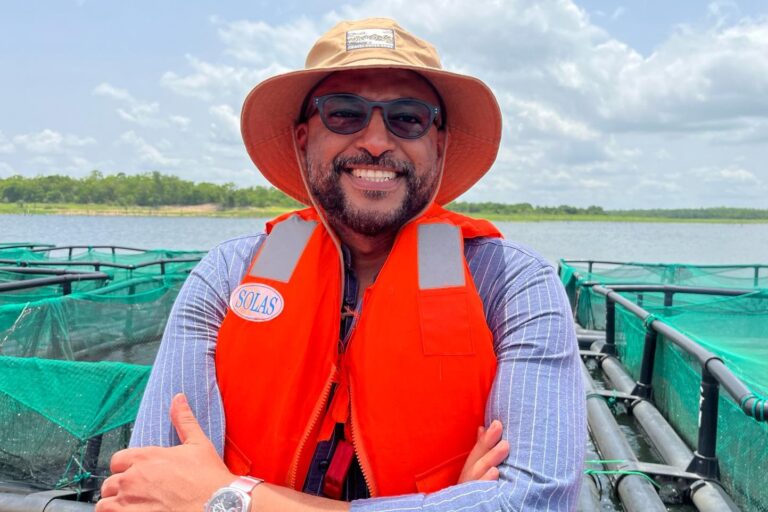By Neena Bhandari
Melbourne 08.12.2009 (IPS): As the threat of nuclear weapons looms large over the very existence of life on earth, Dr Sue Wareham, International Campaign to Abolish Nuclear weapons’ (ICAN) Australian board member, is calling for a speedy abolition of these weapons and the rejection of nuclear power as a solution to climate change.
Speaking at the sessions on nuclear abolition and disarmament at the 2009 Parliament of the World’s Religions here, Wareham said the power of religion should be harnessed to bring peace in the world through disarmament, abolition of nuclear weapons, eradication of poverty and action on climate change.
The six-day Parliament, which ends on 9th December 2009, is a gathering of religious and spiritual communities from different parts of the world to discuss issues relating to peace, diversity and sustainability.
A medical practitioner and immediate past president of the Medical Association for Prevention of War (MAPW) in Australia, Dr Wareham believes that her work with MAPW is fundamental to her commitment to the protection of human life and the improvement of human well-being. In an interview with IPS, she expounds on her passionate pursuit of a nuclear- free society.

IPS: Why is there a sense of urgency to abolish nuclear weapons now?
SW: One of the reasons this issue is becoming increasingly urgent is because the five yearly review of the Nuclear Non-Proliferation Treaty (NPT) will be coming up in May 2010. It is absolutely clear that unless there are moves there towards disarmament and clear signals from the nuclear weapon states that they are willing to take steps towards getting rid of their weapons, we won’t be able to prevent the spread of these weapons further. So nuclear disarmament and nuclear non-Proliferation need to go hand in hand.
IPS: ICAN’s goal is a Nuclear Weapons Convention, a treaty to prohibit the development, testing, production, use and threat of use of nuclear weapons. Is it a feasible and achievable solution?
SW: It is definitely feasible, and it is necessary. We are calling on people across the world to put pressure on their respective governments to promote a Nuclear Weapons Convention at the NPT review conference next year. We see the convention as the most promising route for the world to take towards nuclear weapons abolition.
It sets the same rules for all countries and that gets around one of the major difficulties at the moment, which is that there is one set of rules for countries that already have nuclear weapons and another set of rules for those that don’t.
IPS: Is nuclear power, being carbon-free, the panacea for climate change problems and should it be a substitute for coal-fuelled power stations?
SW: We don’t agree nuclear power is a sensible way forward in response to climate change. Nuclear power cannot address the issue of climate change. There are physical limitations to the number of nuclear power stations that could be built in the next decade or so.
Even if there is further development of nuclear power, it will be far too slow because it takes 10 to 15 years to get a nuclear power plant at a point of producing electricity. We need action faster than that.
Particularly important also is the links with weapons. We know there are definite links between the civilian and military fuel cycles, and that is a particular problem that will remain as long as nuclear power is there.
There is also the problem of nuclear waste to which no country has a solution yet. We regard it as unacceptable that this generation should leave our waste to future generations. The technological and practical reality is that we don’t have any way of separating nuclear waste from the environment.
Our message is that the world really needs to put serious and significant funding into further promotion, development and implementation of renewable energies—solar, wind, geothermal and biofuels, which have been underused and under-resourced.
IPS: Has the United Nations succeeded in curbing the spread of nuclear weapons or is it held to ransom by permanent members of the Security Council?
SW: The United Nations General Assembly every year has a good number of resolutions in favour of nuclear disarmament and is really trying to push this forward. I think we need to distinguish the U.N. as a whole from some of its member states in the Security Council.
All five members of the U.N. Security Council have nuclear weapons, which is an extraordinary thought that we are entrusting the security of the world to the hands of the five nations that have the worst weapons of terror.
IPS: When it comes to possession of these weapons, aren’t there double standards for the haves and have-nots?
SW: There are about 25,000 nuclear weapons in the world today in the hands of nine countries, and these nine nations really hold the world to ransom. What we notice is that a number of the countries that keep nuclear weapons are also most vocal about calling for other nations not to acquire them.
In addition to these nine countries, there are a group of countries, including Australia, which claim to be protected by a ‘Nuclear Umbrella’ (or middle powers lending bases, ports and infrastructure for the U.S. nuclear war- fighting apparatus, lending credence to the idea that nuclear weapons bring security), and we regard that as a problem also. For example, the Australian Government calls on other nations such as Iran not to acquire nuclear weapons and yet Australia claims that we still need to be sheltered under the ‘Nuclear Umbrella’.
IPS: Why has humanity been so slow and ineffective in meeting the challenge posed by nuclear arms?
SW: Nations that have nuclear weapons have been allowed to justify their weapons by the theory of “deterrence,” which is claimed to prevent wars between nuclear-armed countries. But it is a failed theory, because, as we are seeing, if some nations believe they have a right to these weapons, then other nations will claim the same right. It is a recipe for every nation to have the world’s most destructive weapons.
What’s needed is for all nations to abide by the same rule, which is that all weapons of mass destruction – especially nuclear weapons, which are the most terrifying of all – must be abolished.
IPS: What can religious and spiritual communities do to meet the challenge of abolishing these weapons of mass annihilation?
SW: We see the issue of nuclear weapons as one of the great ethical issues of our time. It is an issue that religions of the world really need to come to grips with because nuclear weapons are the most destructive and threatening weapons to have ever been created.
Therefore, we regard people, who are interested and passionate about ethical issues, have a responsibility of calling for abolition of nuclear weapons.
IPS: As a practicing medical doctor, what drives you to take up the issue of nuclear disarmament with such passion, and what fuels your zeal to see a nuclear-free world?
SW: Nuclear weapons are so utterly destructive. They make a mockery of what we do as medical practitioners, saving one life at a time. These weapons threaten thousands of lives at once and even future generations.
© Copyright Neena Bhandari. All rights reserved. Republication, copying or using information from neenabhandari.com content is expressly prohibited without the permission of the writer and the media outlet syndicating or publishing the article.



